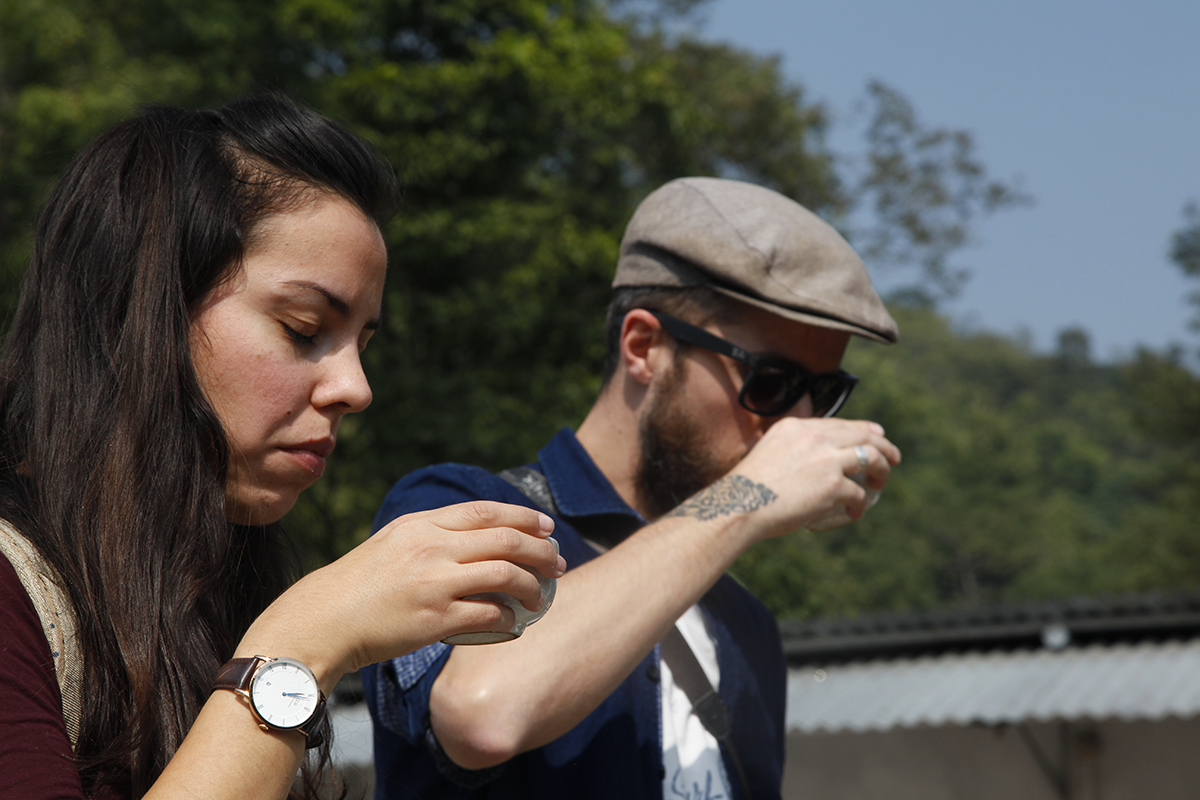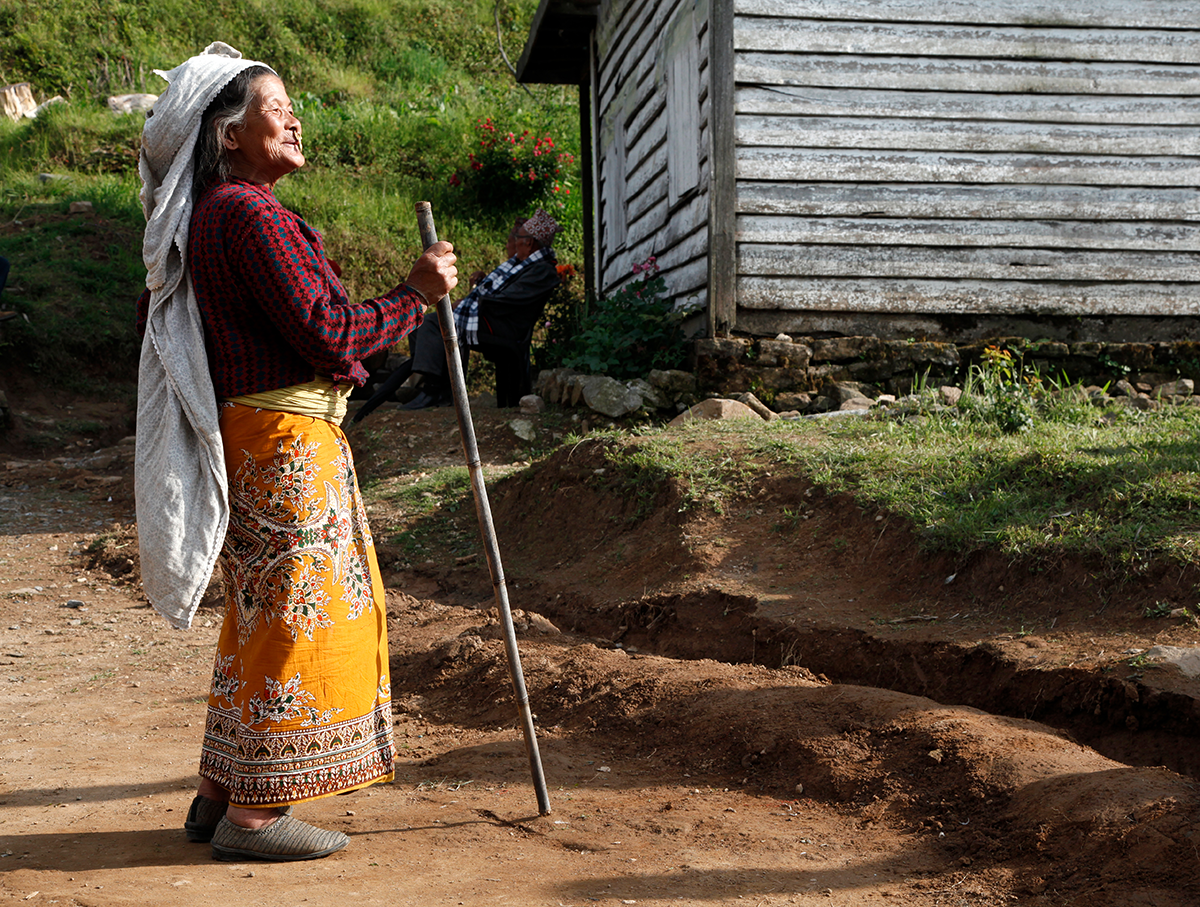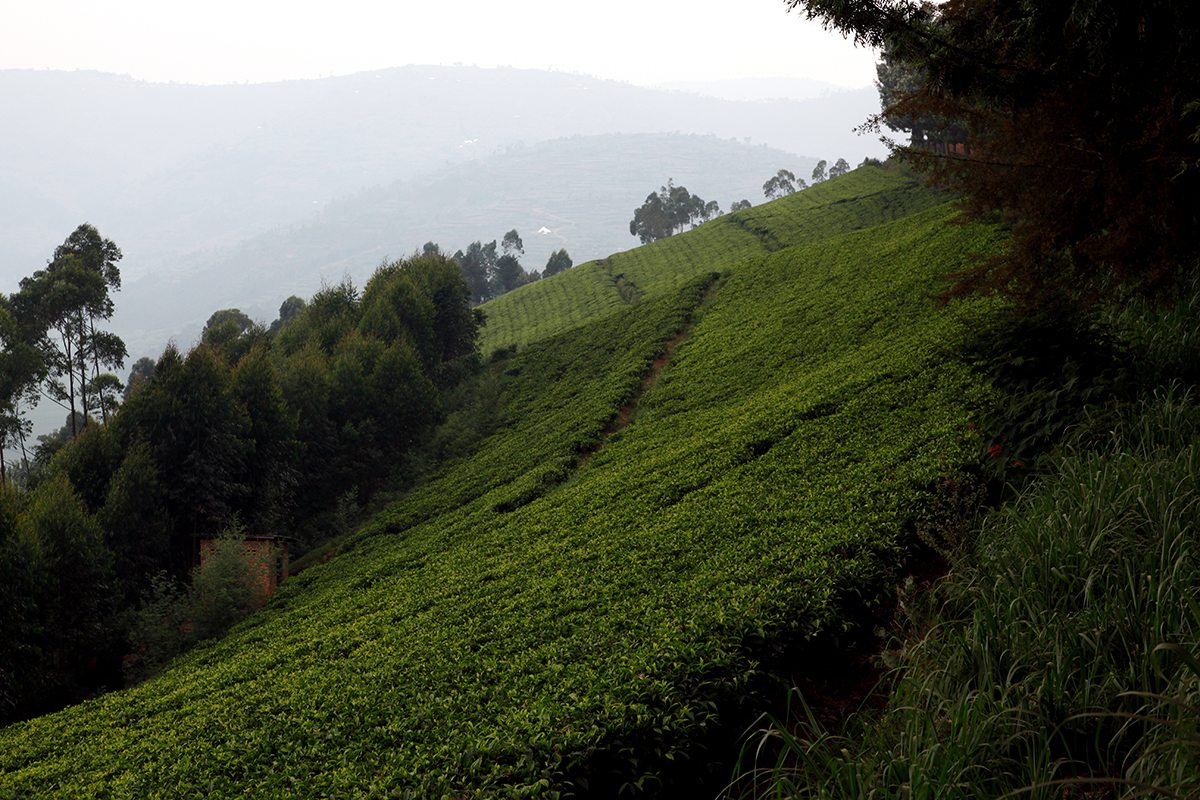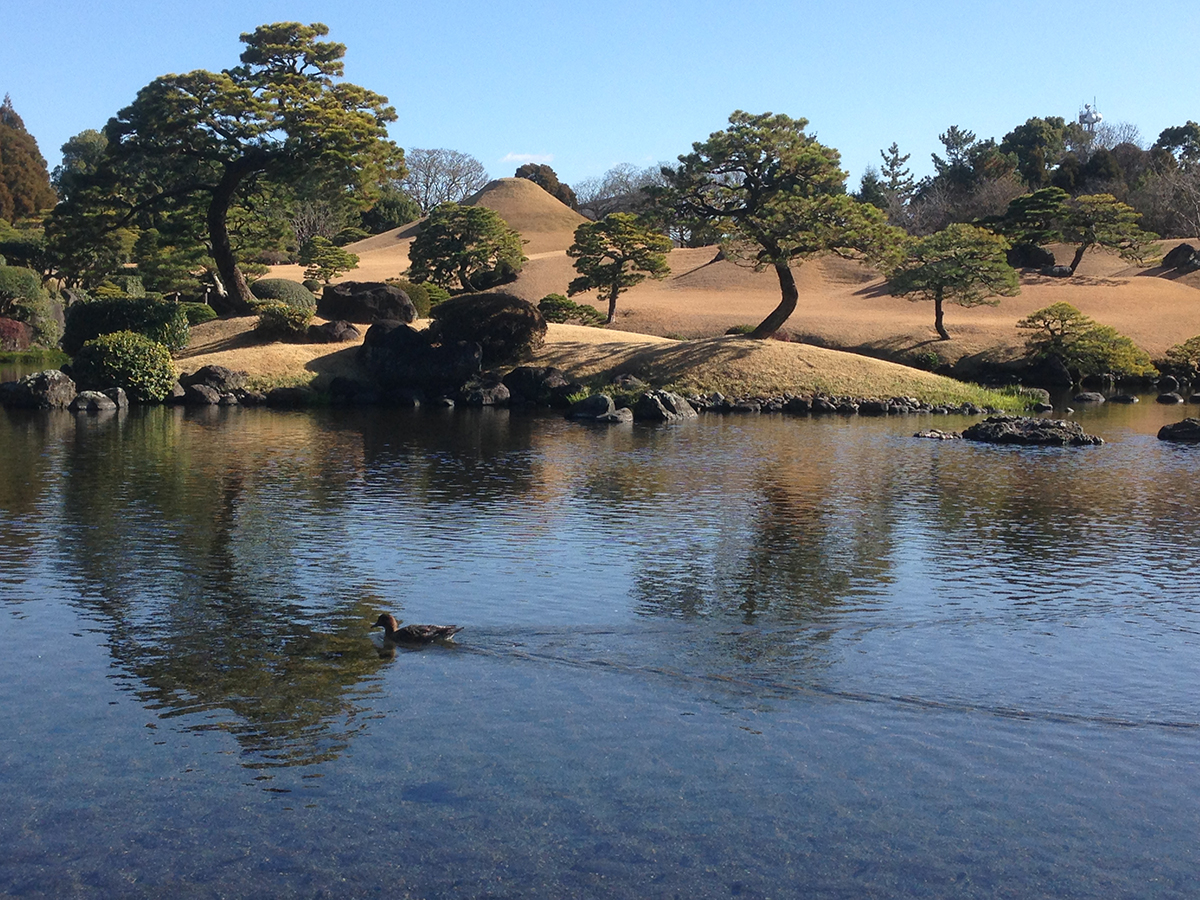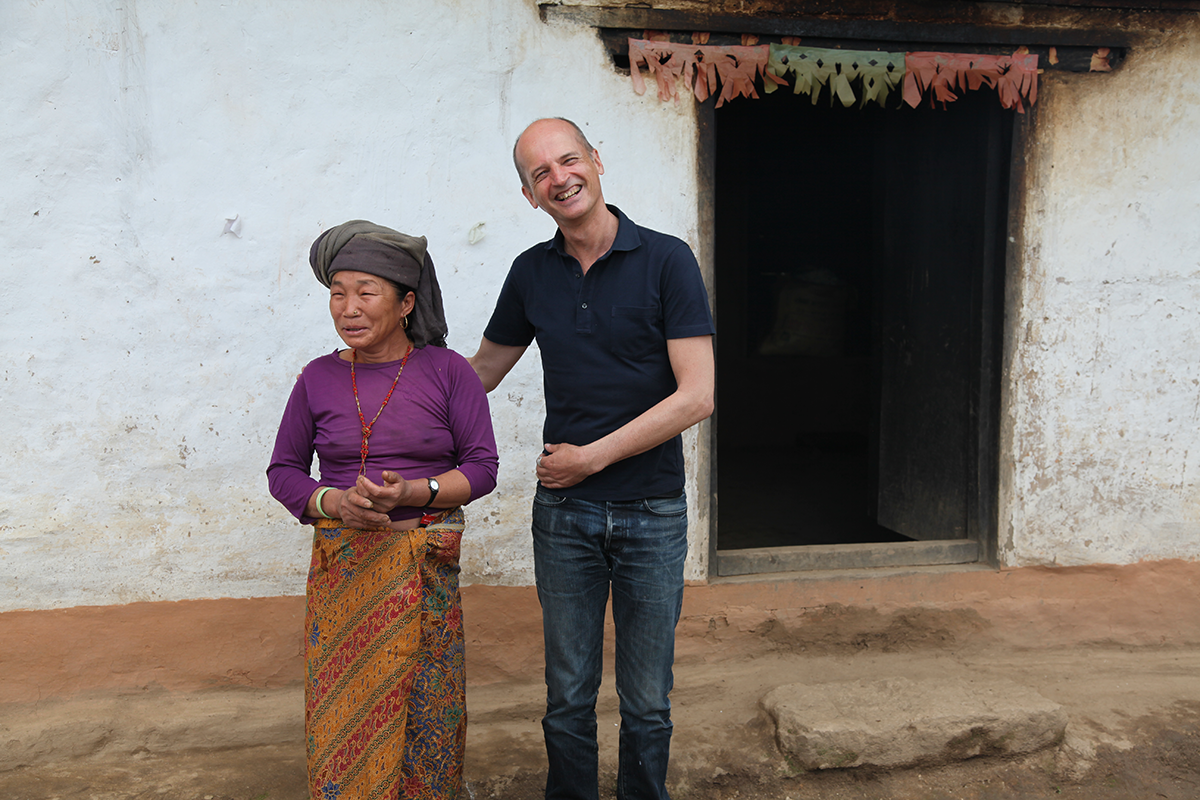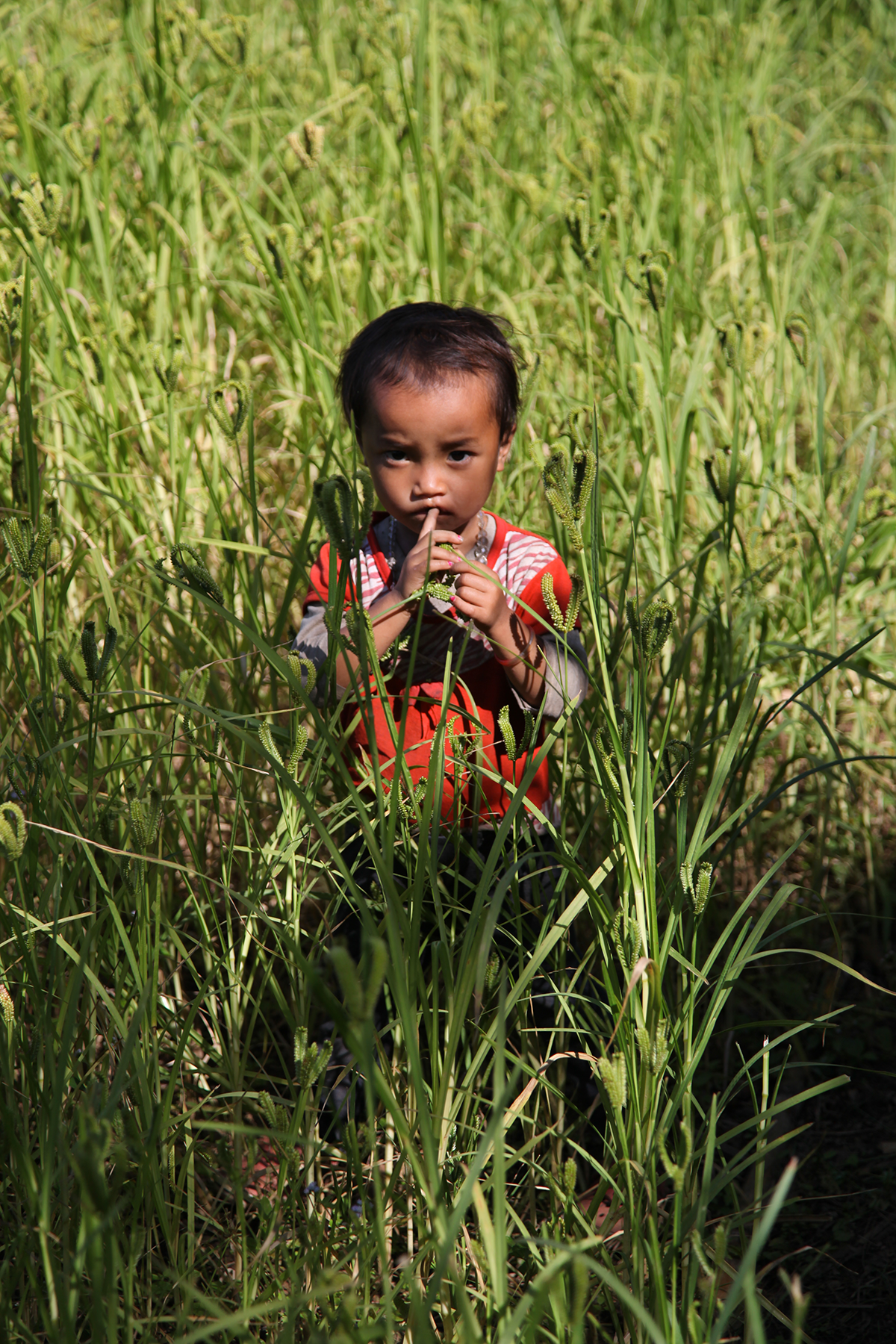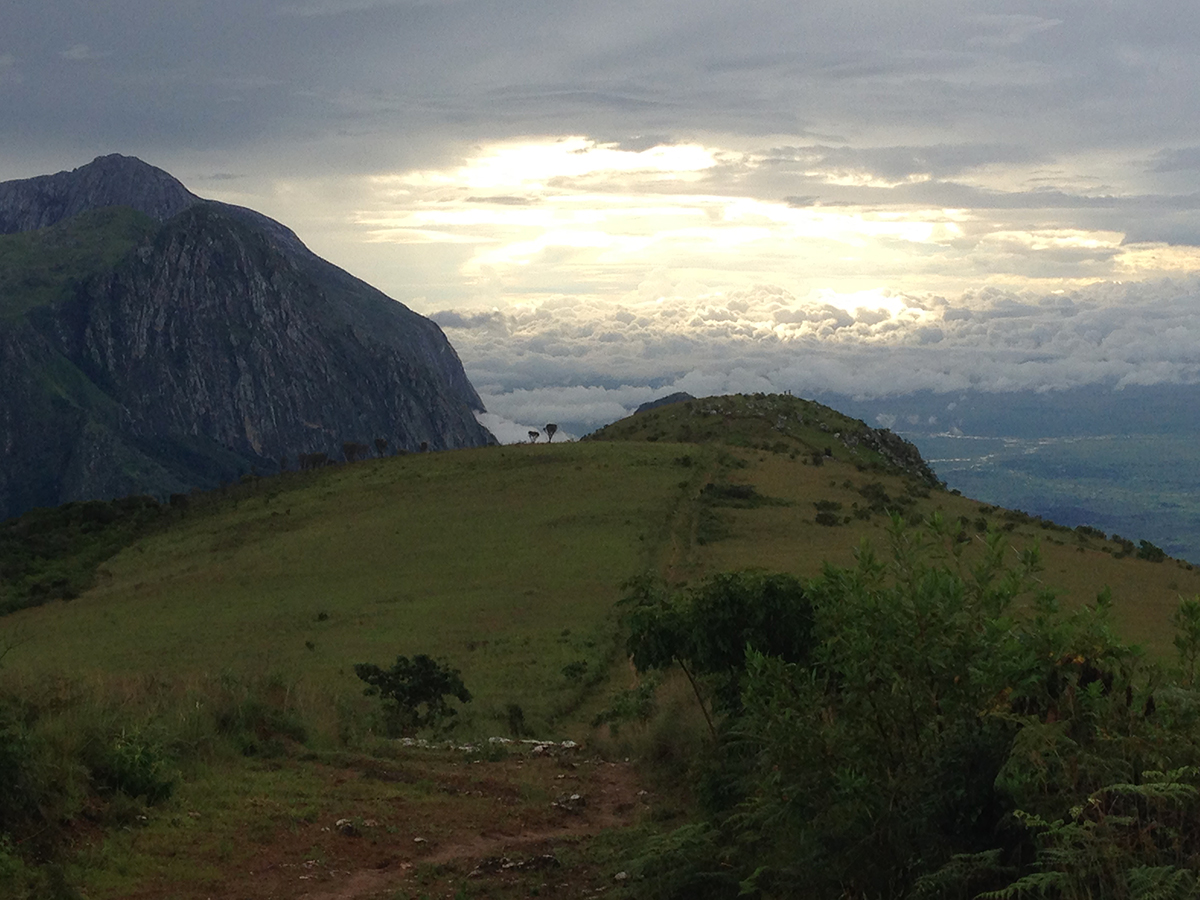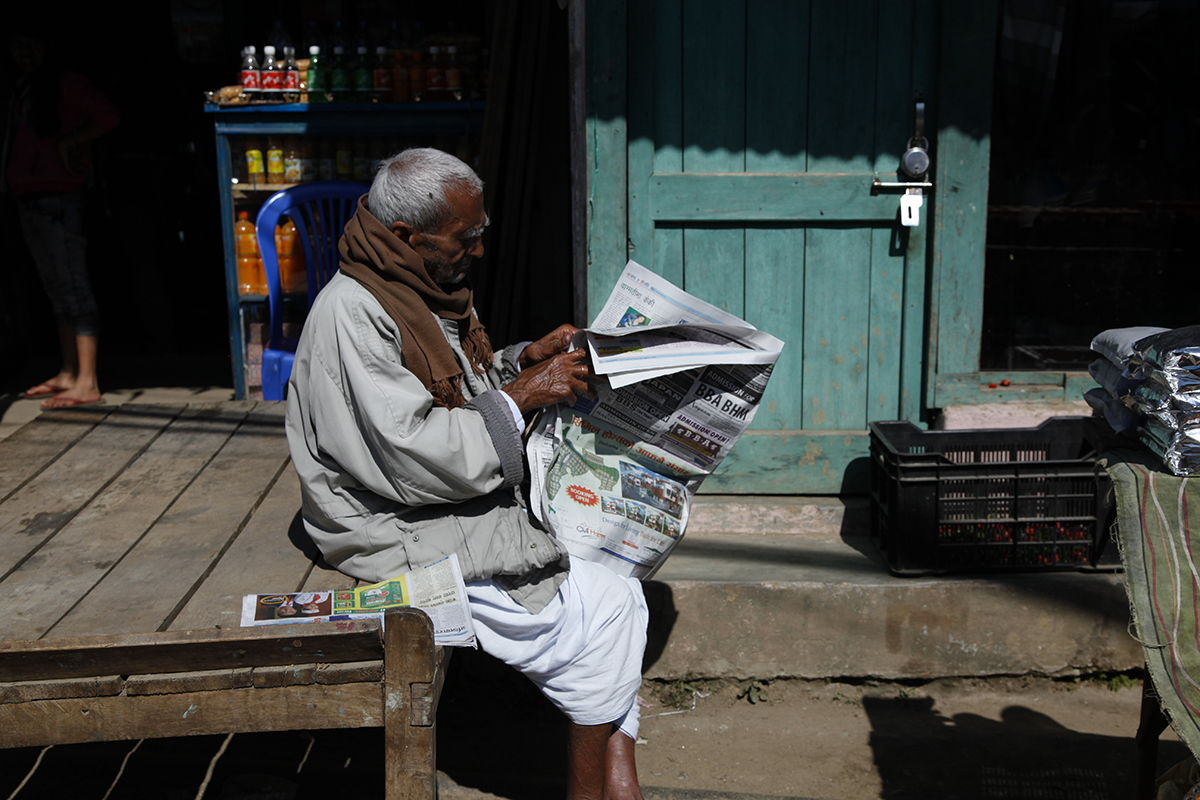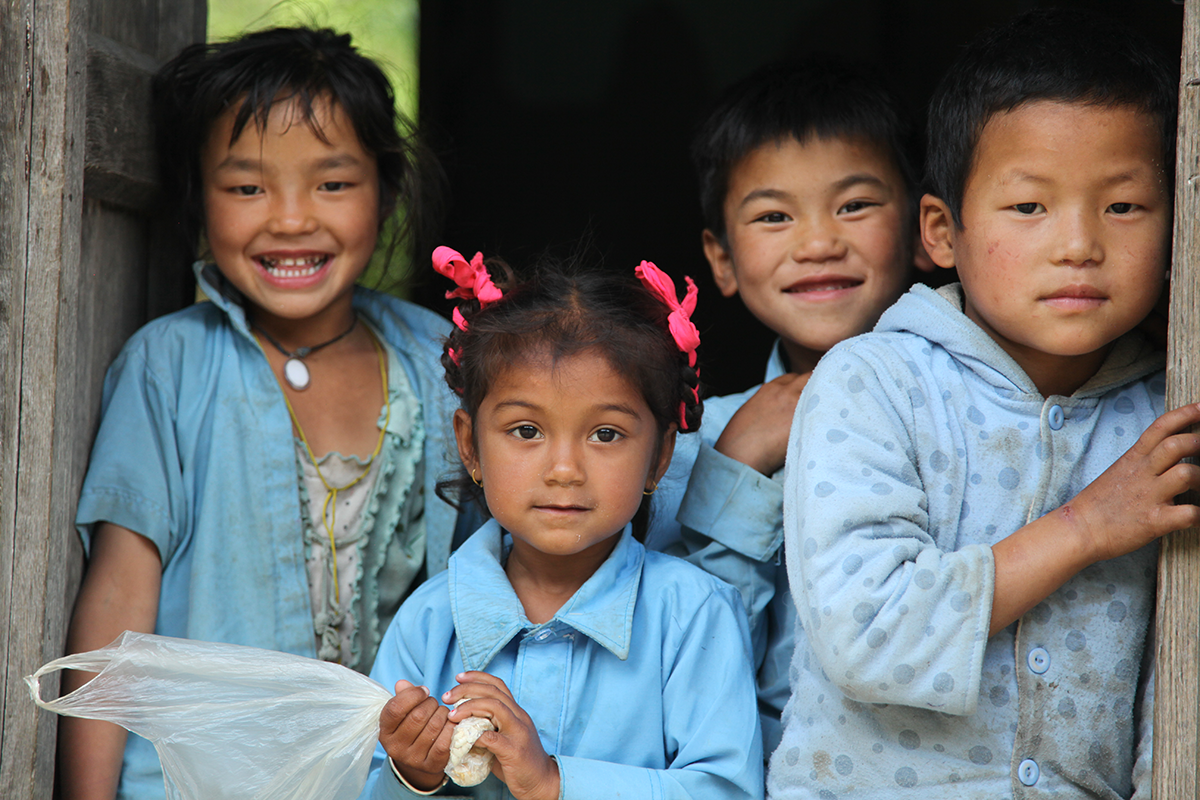Before starting to work with tea, I dreamed of being a journalist. I liked the idea of finding out about people, asking them questions, understanding what they do, getting them to explain things that are sometimes complicated, and trying to make them comprehensible. I liked the idea of being an investigator, of gathering information, of putting my interviewee at ease and having an interesting conversation. I wanted to do a job that took me all over the world and let me meet people from all backgrounds and cultures, men and women who speak a different language, who have a different history from mine. I wanted to receive their message and transmit it. In the end, I created this role of tea researcher, which didn’t exist before. I could have stayed behind my counter in my tea shop, which I enjoyed, talking to customers, listening to them, helping them. But I wanted to do more, to investigate, to find out where the tea leaves come from. First I learned to taste, to recognise flavours and aromas; then I learned other languages. I was thirsty for knowledge, I wanted to discover an unexplored world, that of tea. So I packed my bags and I went to meet farmers, growers, traders, pickers and planters. I entered that world a little more with every trip. I took my time. I set out to meet the people who live in the mountains where tea is grown. I found them in the fields, in the village square, in front of the factory. I sat down with them, I rested. I listened, then listened some more. I recorded everything. And that is how, 32 years later, everything I found so rewarding and enjoyable in the job of a journalist, I find now, in my work as a tea researcher.

